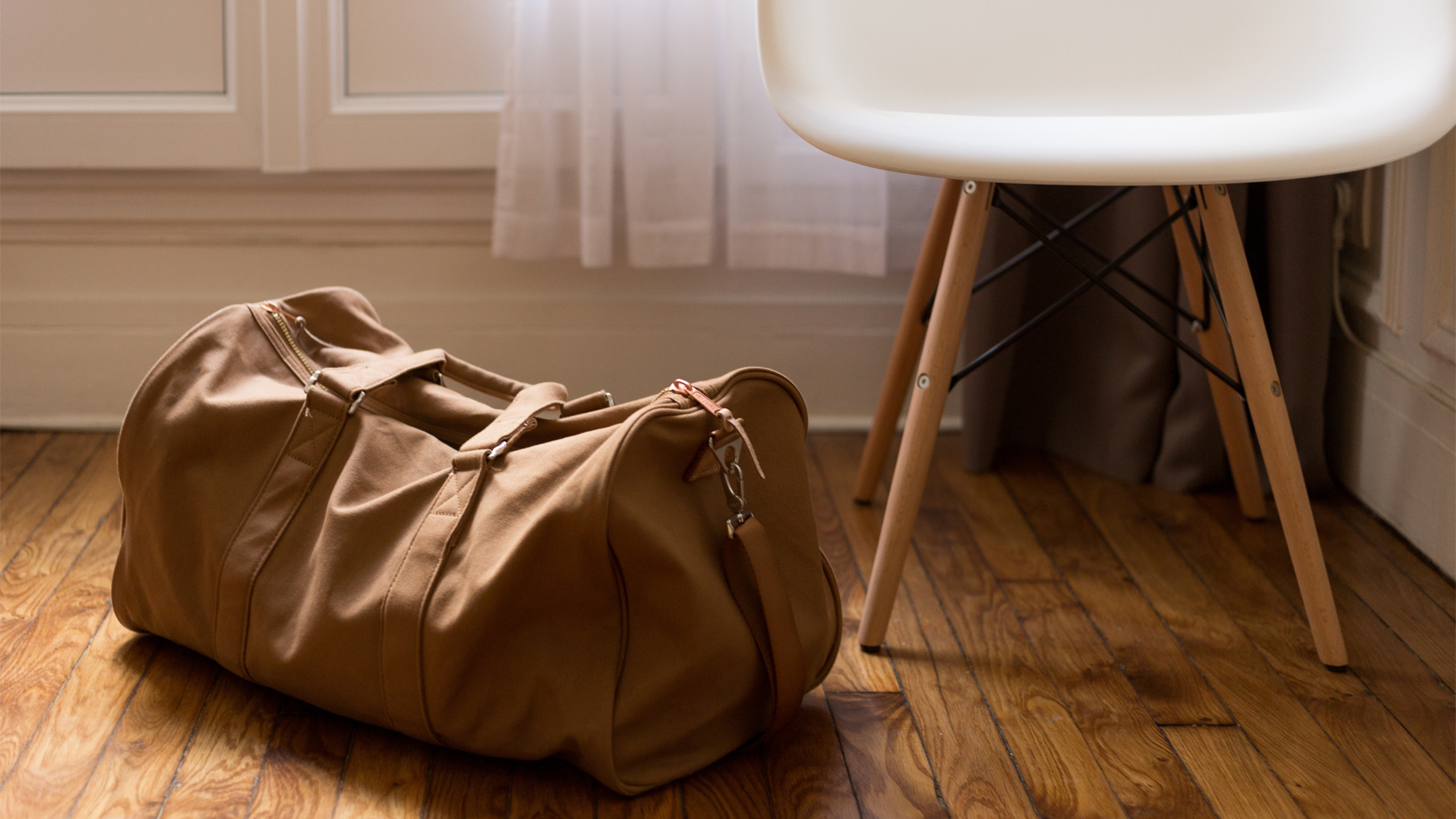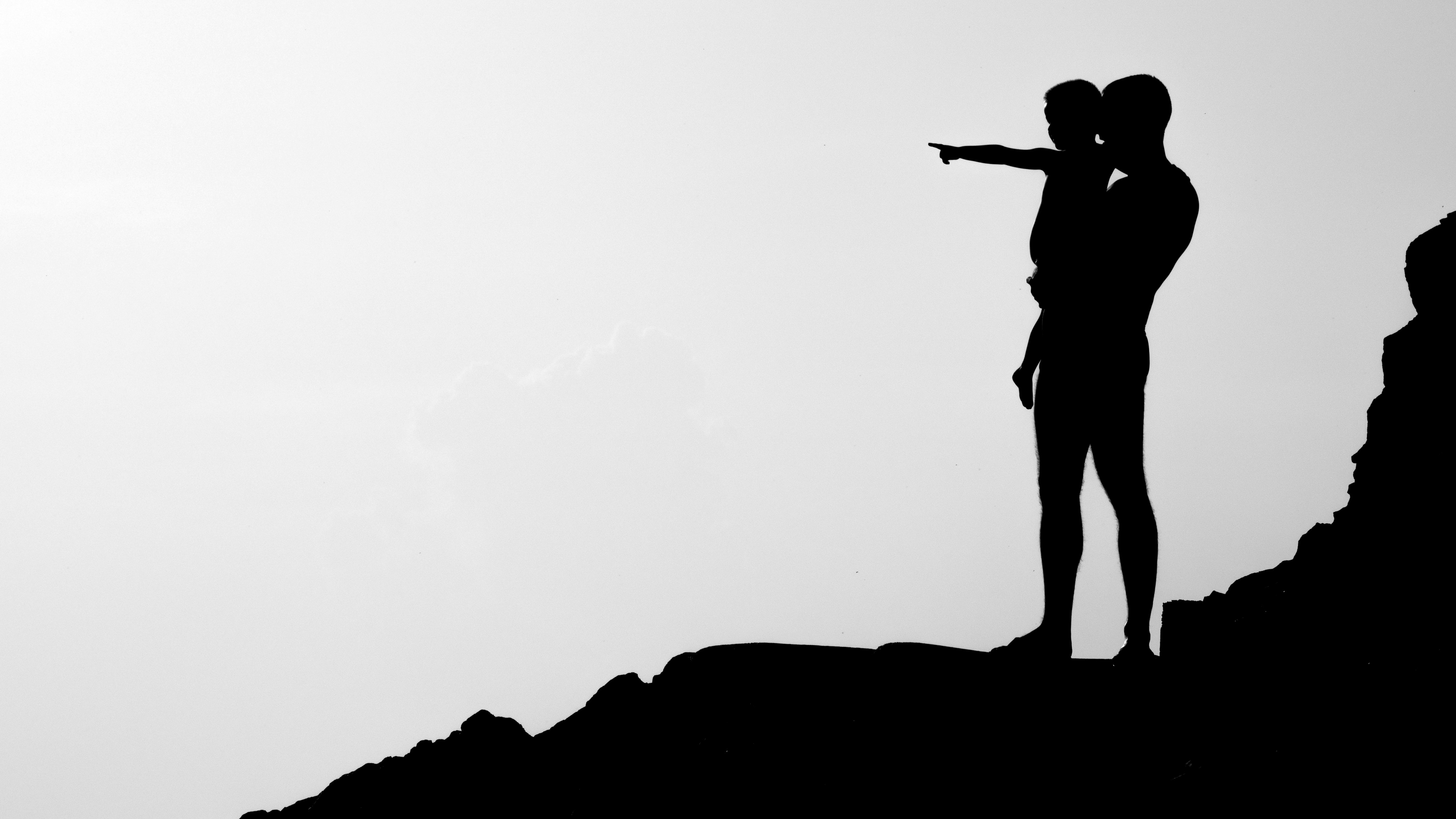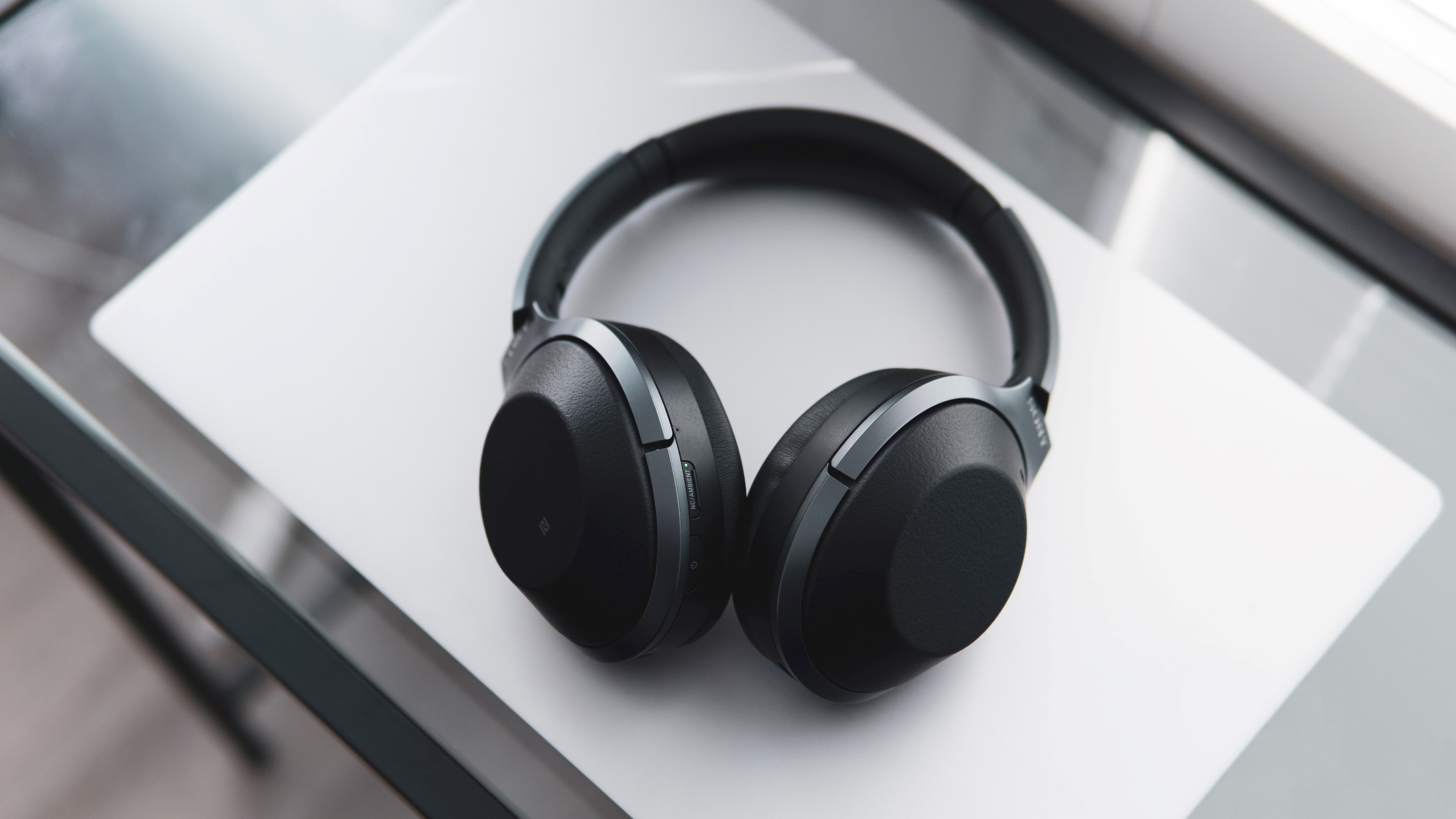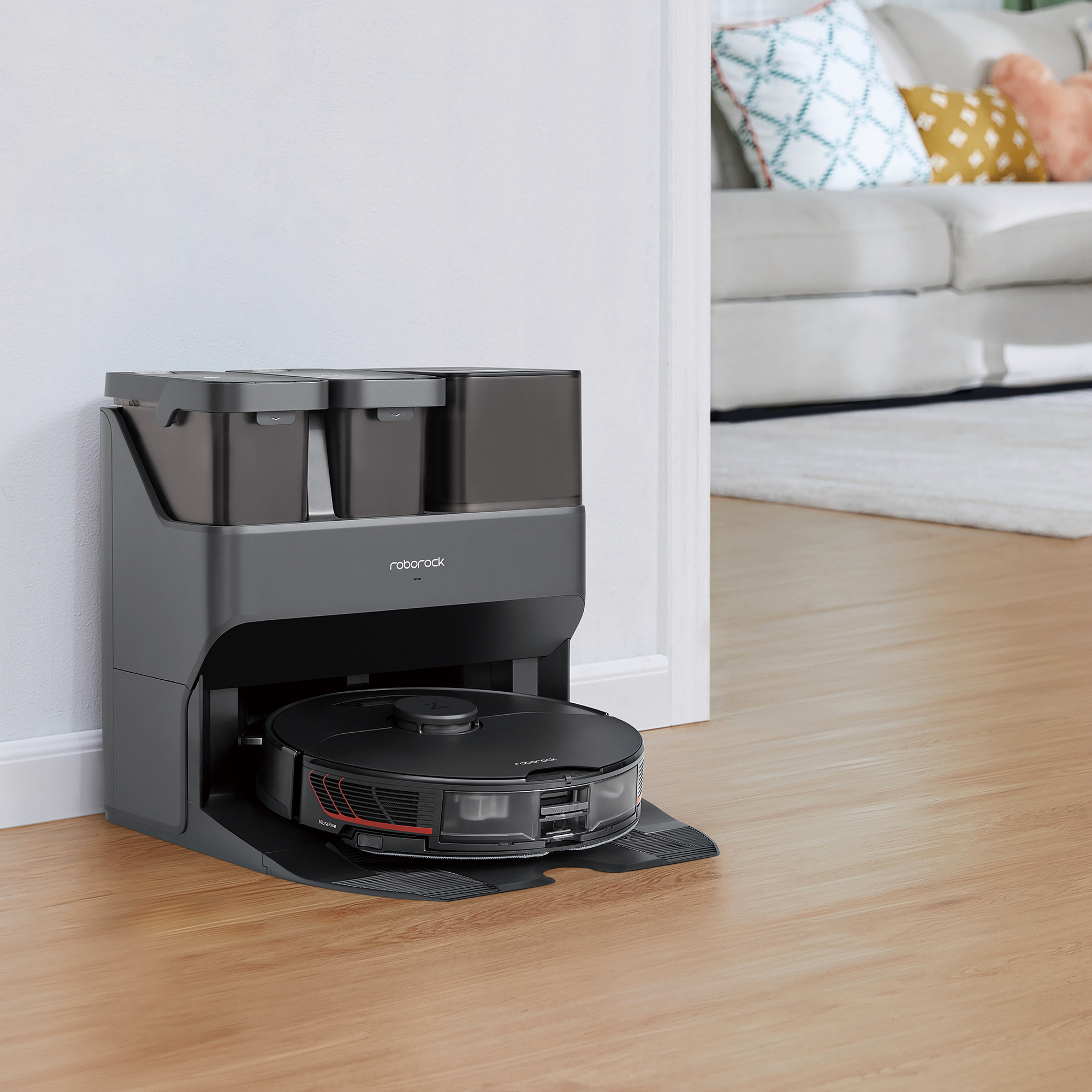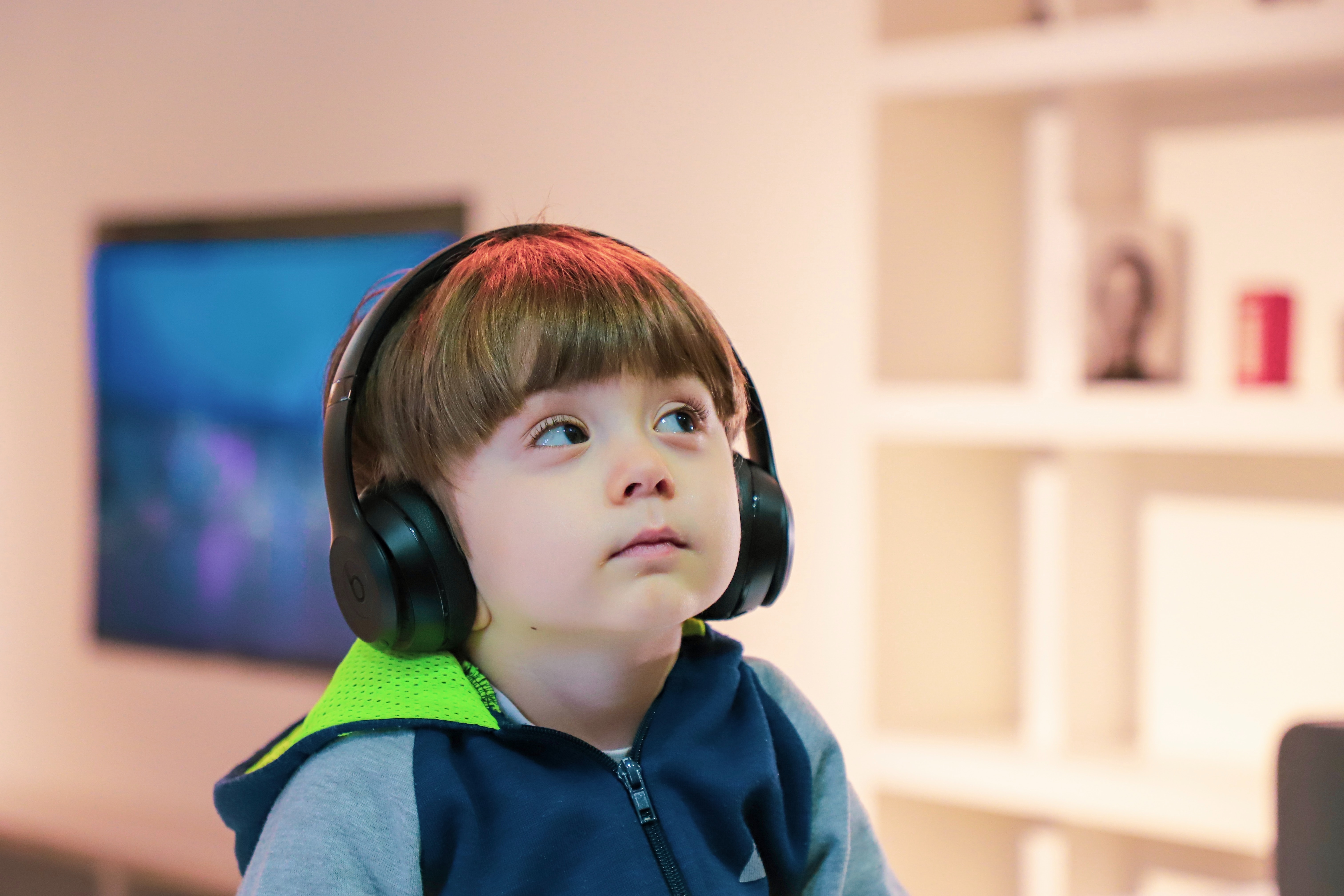It’s tempting to leave packing your hospital bag until your due date rolls around, but many experts will advise you to have a bag packed by the time you’re 36 weeks pregnant – sometimes earlier, depending on your personal pregnancy health circumstances. Even if you’re not planning on giving birth in hospital, it’s still wise to pack a hospital bag in the event that you need to be admitted.
Some parents pack two hospital bags: one for short stays if it’s a straightforward birth, and a second bag with extra clothing and baby supplies in case you stay in for longer. You can either pack items for you and baby into one bag, or separate baby’s items into a diaper bag to make searching for them easier.
The best baby changing bag essentials 2017
If you give birth in hospital you may be able to go home with baby straight from the labour ward, or you might be moved to a postnatal ward with other parents and their newborns. According to a 2016 study, on average UK mamas are sent home a day and a half after giving birth, while in the US it’s two days. The NHS has some official advice on what to expect just after giving birth, including example scenarios as to why some parents and babies have to stay in longer.
With all this talk of hospital bags you're probably wondering what you need to pack in yours. Different parents have different needs, but there are some essentials that come in handy for anyone giving birth at a hospital maternity unit, or in a midwifery unit or birth centre. In terms of paperwork, the most important things to pack are your birth plan and any medical notes, plus handouts you may have received from your antenatal class about feeding your newborn. Here are some other items to pack in your hospital bag...
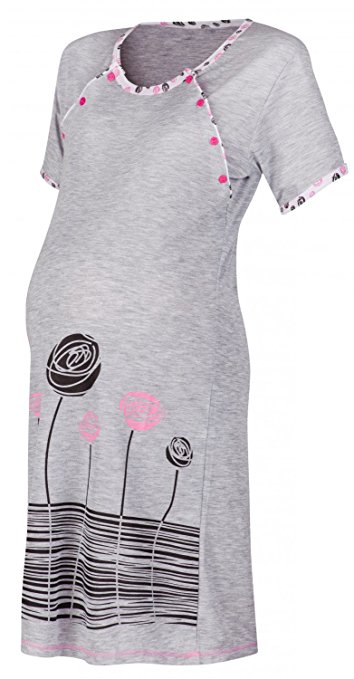
Maternity clothes
According to mamas on the MadeForMums message boards, big cotton granny pants are a must for your hospital bag. Some women even choose to buy disposable undies to avoid ruining more expensive knickers. Undies with a high waist won’t rub caesarean wounds, either. If a birthing pool is part of your labour plan, you may want to pack a vest, tankini or bikini top. A dressing gown and backless slippers will be useful on the postnatal ward, while socks help ward off foot chills. Lots of mamas swear by loose-fitting, longline tees or nighties, as they give you and the medical staff easy access. That’s if you haven’t been told to wear a hospital gown. Finally, pack two or three nursing bras and some lanolin cream (for soothing tender nipples), such as Lansinoh HPA Lanolin Cream, if you intend to breastfeed your newborn.
Maternity clothes starter guide: how much do you really need?
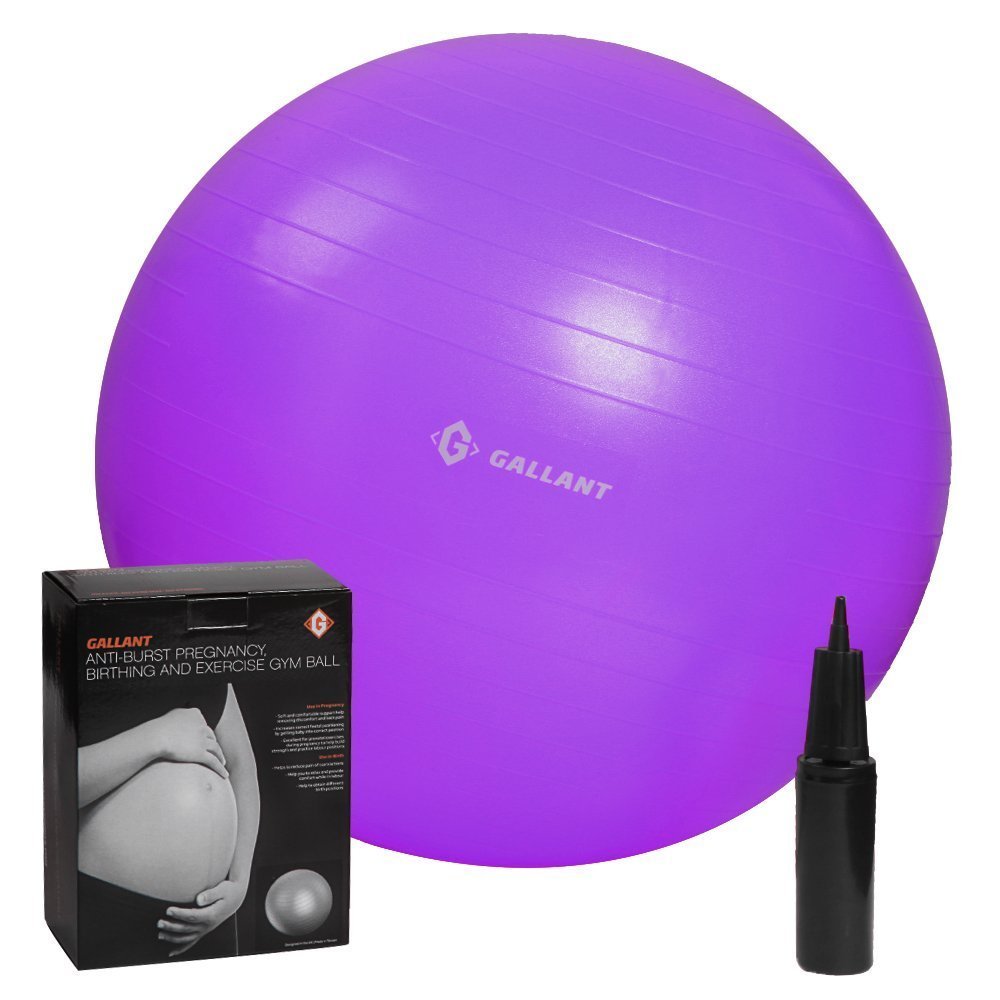
Birthing ball
It may not be top of your list of things to pack, but a birthing ball may help you to labour more effectively – BabyCentre UK has a great article on why and how to use a birthing ball before and during labour. There’s no guarantee that a birthing ball suitable for your height will be available when you arrive at the hospital, so consider taking your own. The Black Mountain 2000lbs Static Strength Exercise Stability Ball With Pump and the Gallant Anti-Burst Maternity Pregnancy Birthing Birth Ball Gym are popular choices. Don’t forget to pack the pump for inflating the ball at the hospital!
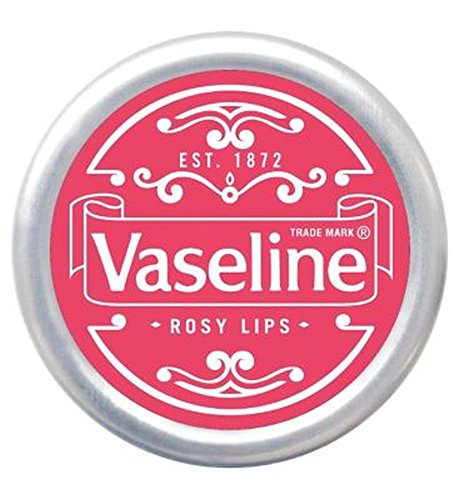
Toiletries
Gas and air can make your lips dry out, so pack a lip balm that’s easy to apply and stays put, such as Vaseline’s Lip Therapy Rosy Lips. A hairbrush and hair bands come in handy for keeping longer manes under control, and some lavender massage oil may help you relax during early labour. Place a few drops of oil, such as Weleda’s Lavender Relaxing Body Oil, onto your shoulders or pillow, or ask your partner to massage some into the back of your neck. Also pack a toothbrush and paste, hand sanitiser, pregnancy-safe deodorant or roll-on, a flannel and either body wipes or a small bottle of body wash, plus any cosmetics you wish to take.
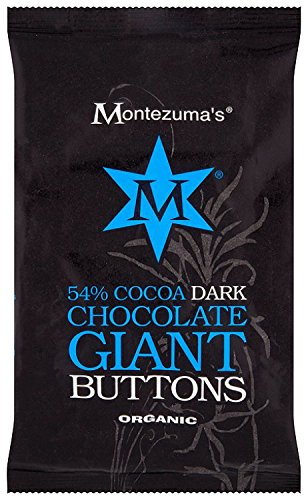
Labour survival snack pack
Your hospital may supply you with food during your labour, depending on how long you’re in for, but it’s best to be prepared by taking your own snacks. Again, check the rules for your hospital as to what food and drinks you can take in. Isotonic and glucose-based sports drinks can help keep you going during labour, and fruit and dark chocolate are healthy treats that will also boost your energy levels. Drinks with bendy straws are handy if you’re in bed, and some mums swear by freezing individual cartons of juice before going to hospital so that they have ice cold drinks to sip during labour. Don’t forget to pack snacks for your birthing partner, too – the last thing you want is for your labour to kick into high gear while they’re off searching for a sandwich.
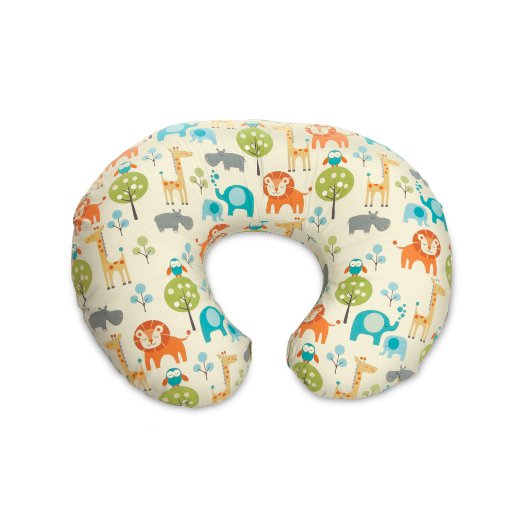
Nursing pillow
Hospitals vary in their policies about what you can bring with you when giving birth, so check your hospital’s specific guidelines before packing your hospital bag, especially if you plan on taking some personal home comforts such as a pillow or throw. Nursing pillows are smaller than traditional pregnancy pillows but are handy during early labour when you might need an extra wedge of padded fabric to help you feel more comfortable. When baby has arrived, you can pop them on the nursing pillow for feeding. Lots of US parents love the Boppy Nursing Pillow and Positioner while the Widgey 5-in-1 Nursing Pillow is popular with UK parents.
The 5 best pregnancy pillows 2017
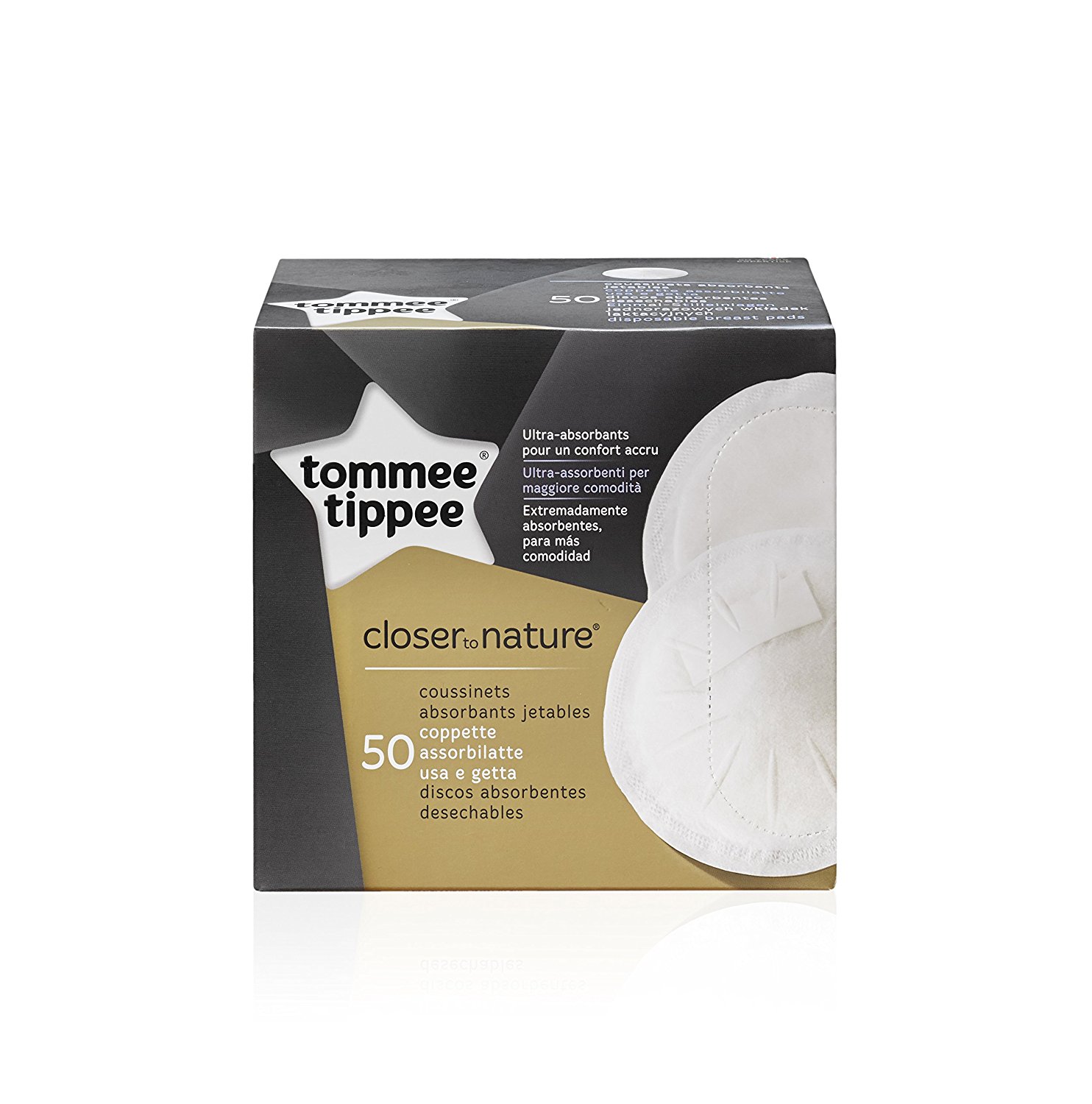
Breast pads and maternity pads
Your milk might not come in fully when you’re in hospital but, just in case it does, it’s best to prepared by packing some breast pads – take a look at Tommee Tippee’s Closer to Nature Disposable Breast Pads or the eco-friendly Washable Organic Bamboo Nursing Pads. Your midwife may have already spoken to you about maternity pads, which often use a different material to sanitary pads, enabling your midwife to check your flow after you have given birth. There are several brands of pads out there, including the highly-rated Natracare Maternity Pads.
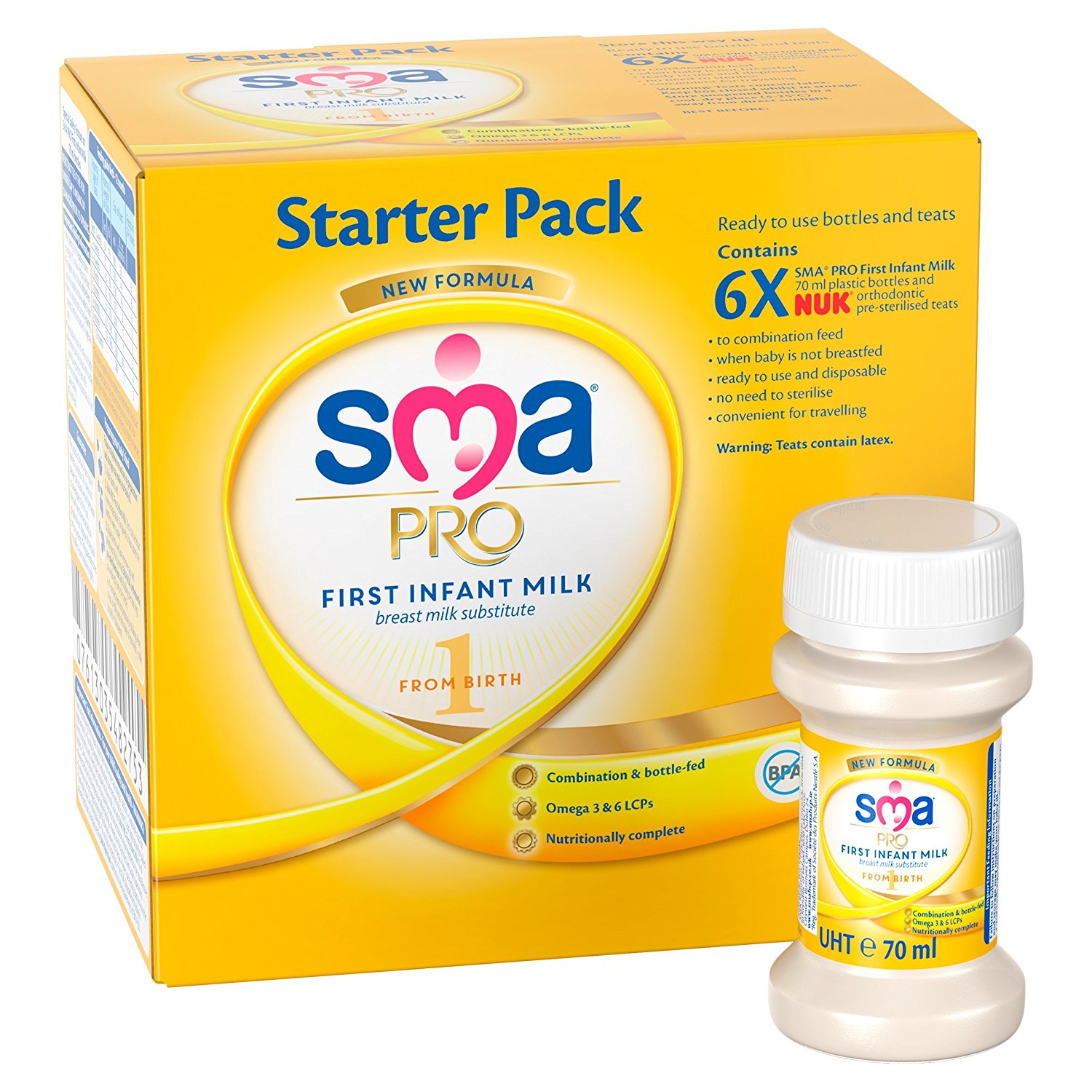
Baby bottles and formula
Your midwife will ask you how you want to feed baby once they have arrived into the world. If you want to mostly bottle-feed your newborn, ask your midwife before packing your hospital bag if a baby bottle and formula will be provided at the hospital or if you need to pack your own. To make things easier straight after birth, some parents buy starter packs of pre-made formula bottles. The SMA PRO First Infant Milk From Birth Starter Pack is available in the UK, and the Similac Pro-Advance Infant Formula in America.
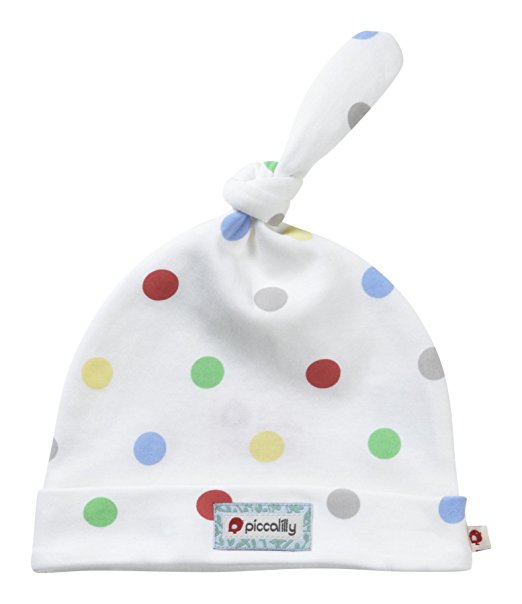
Baby clothes
How many babies clothes you'll need to pack depends on how long you and baby will be staying in hospital. Three full-body onesies that fasten at the front (to make nappy changes easier), plus a hat and one to two pair of socks and mittens is the basic amount you should be packing into your hospital bag. Some parents take much more. Add a baby blanket for snuggles and for keeping baby warm during the trip home; you may also want to add a baby jacket. Winter newborns will also require a snowsuit when leaving the hospital.
Clothes for newborn babies: what you need for the first six weeks
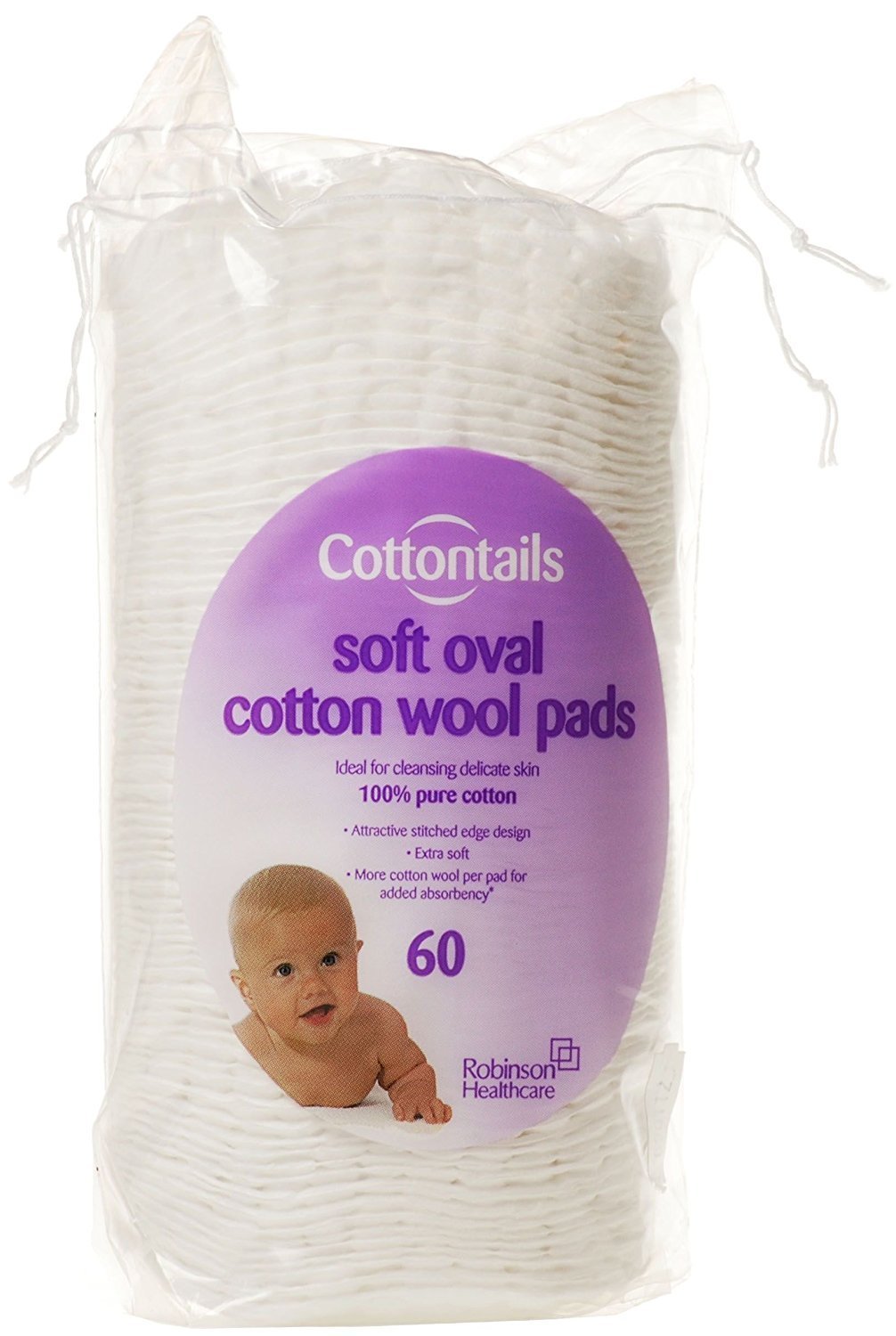
Cotton wool and baby wipes
The NHS advises that newborns should have nothing but water on their delicate skin for the first few weeks. Although baby wipes are handy when cleaning little ones, ensure that you use wipes that are free from chemicals and nasties which may irritate your baby's sensitive skin. Most health practitioners will advise you to use cotton wool and warm water - never hot! - to ‘top and tail’ your baby and when cleaning them during nappy changes. So include something like the Cottontails Cotton Wool Oval Pads in your hospital bag, or a pack of chemical-free WaterWipes, which are 99.9 per cent water and 0.1 per cent fruit extract.
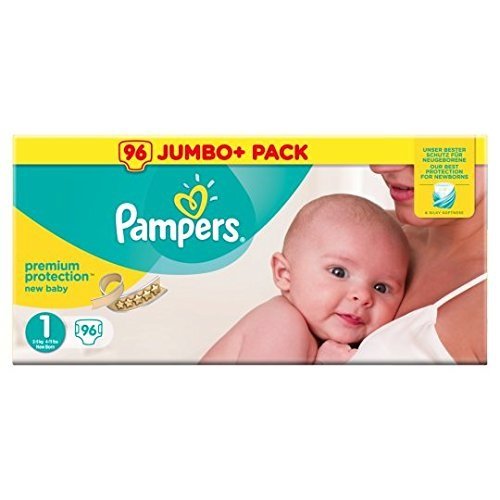
Nappies
Newborns can get through as many as 12 nappies a day, so you’ll need to pack at least that, plus a few extras ‘just in case’, for a standard stay following labour. If you’re packing a second hospital bag in the event that you and baby are kept in a wee while longer, add further batches of 12 nappies plus a few extra. There are lots of newborn nappies to choose from, including Pampers Premium Protection New Baby, now a Made For Mums Silver Award Winner 2017, and the Huggies Little Snugglers Newborn.
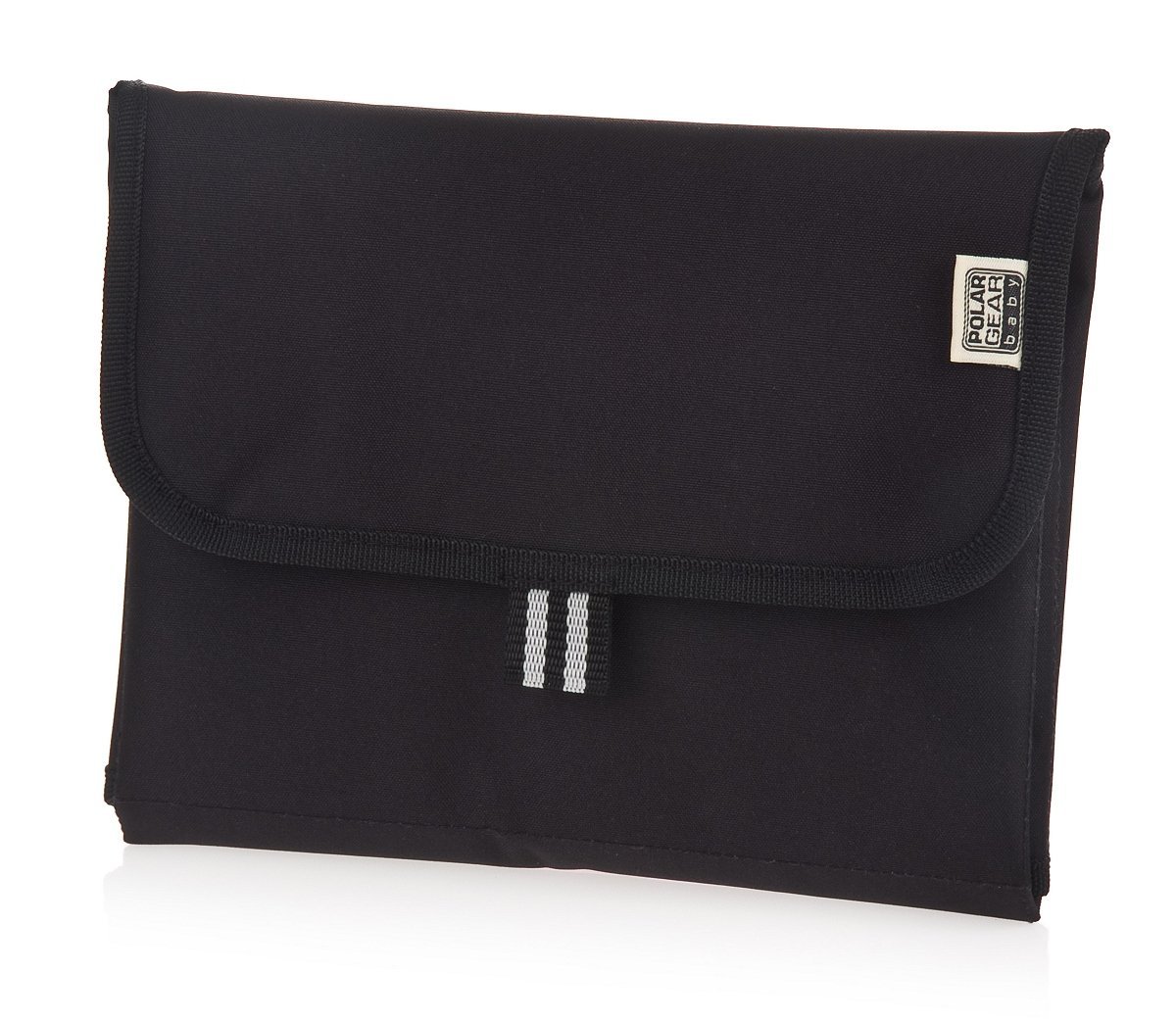
Folding baby changing mat
You might be packing all of baby’s supplies into a diaper bag, in which case it will probably come with its own folding changing mat. If you aren’t, and all of baby's supplies are going into your main hospital bag, you may wish to include a portable baby changing mat. There are plenty to choose from, including the Polar Gear Baby Hand Bag Size Changing Mat (UK) or Mom's Besty Luxury Baby Change Pad with Built-in Head Cushion (US).
11 trendy baby changing bags that won’t cramp your style
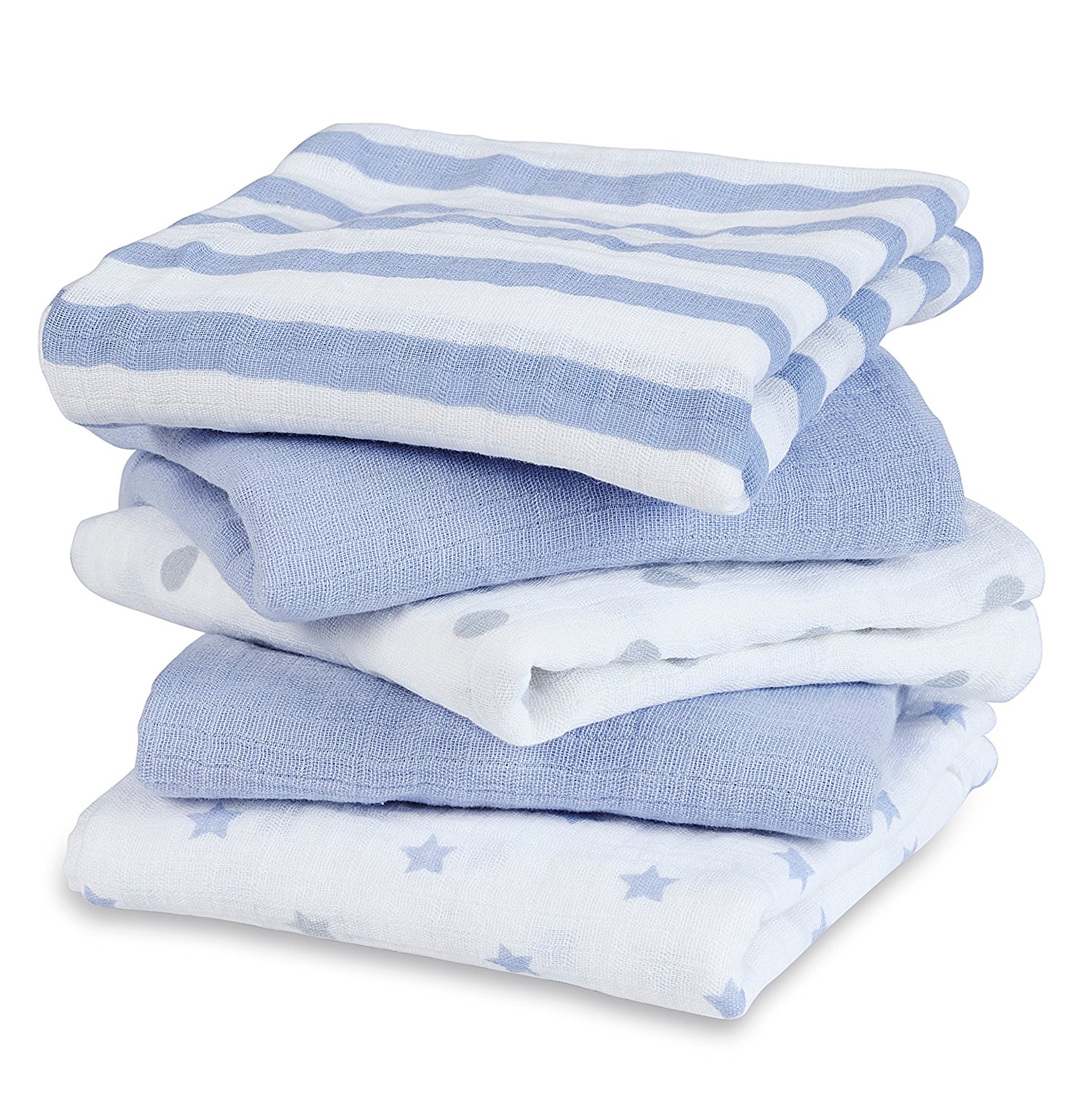
Muslin squares
Muslins, also known as musies, are a miracle baby product – use them for mopping up spit-up, poop, milk and general baby spillage. They also make lightweight, breathable swaddling blankets; can be used to cover your shoulder when burping your newborn, or arranged as a nursing cover if you want privacy during breastfeeding. Muslins can also be draped carefully over prams if the sun is too bright for your little one. Choose from classic white muslin squares such as the Muslinz Premium Baby Muslin Squares, or vibrant designs like these aden + anais muslin squares.
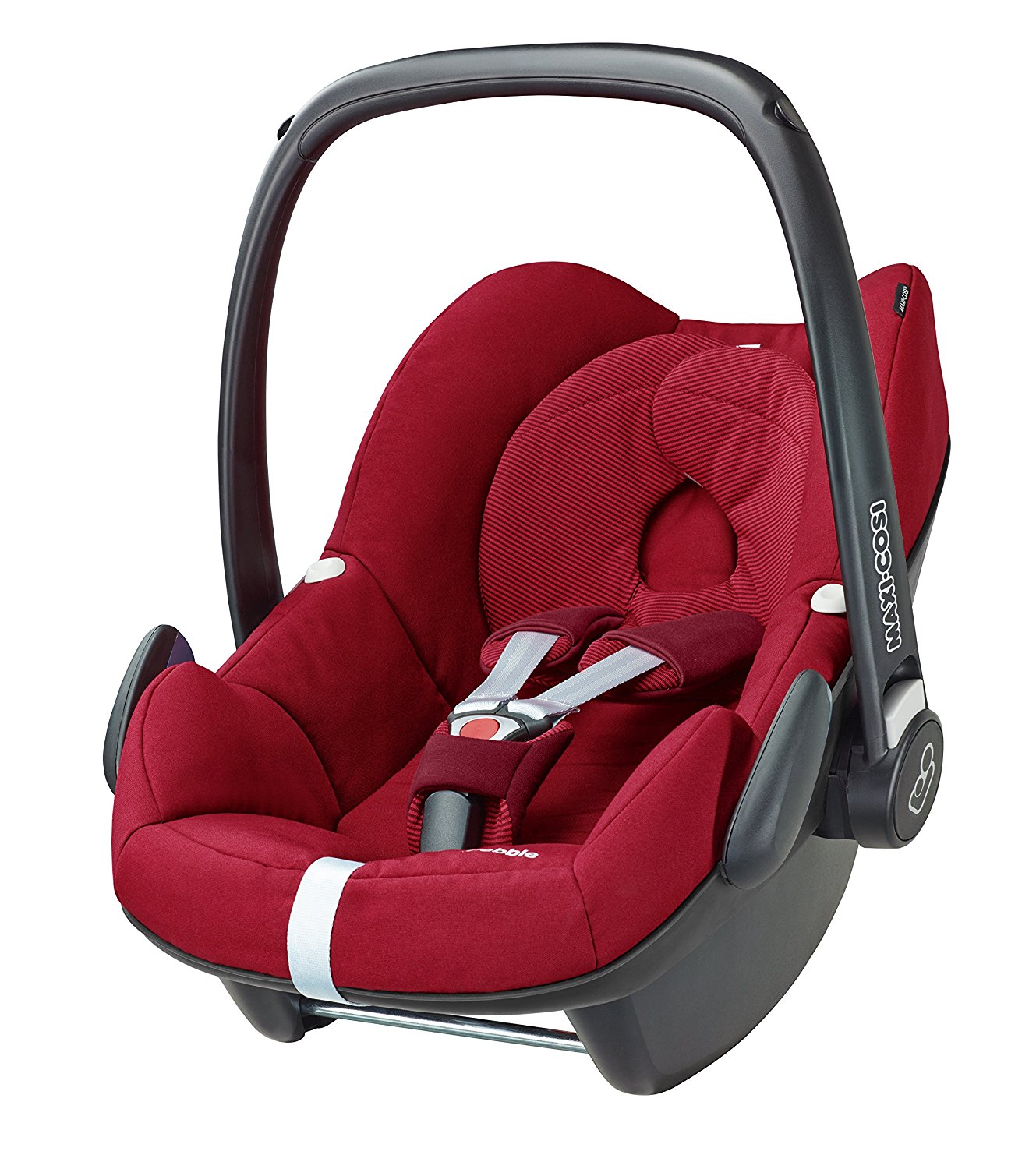
Car seat
Ok so you can’t fit this in your hospital bag, but you need to take a car seat as hospital staff won’t let you drive home with baby without one. Looking for car seat inspiration? Read our 8 things to consider when buying a car seat, or jump straight to The 5 best baby car seats 2017. Don’t forget to add a baby blanket for covering your newborn on the journey home from the hospital.
Other things to pack in your hospital bag:
- Mobile phone and charger
- Headphones for listening to any podcasts or hypnobirthing relaxations that you may have downloaded onto your phone or tablet
- An iPad or tablet, loaded with your favourite films or TV shows to help you pass the time in hospital
- Your favourite magazines or books to help you relax during early labour or when there’s a lull in the action
- Eye mask and earplugs – handy if you’re on a noisy, brightly-lit ward
- Any positive affirmation cards you may have made to encourage yourself when the going gets tough or you’re feeling scared
- A Tens machine, if you plan on using one
What to pack in your birthing partner’s bag:
- Digital camera and charger to snap any labour and newborn photos
- Phone and charger. They can even download a contraction timer app for it
- List of phone numbers (for family and close friends), in case smartphone use isn’t permitted at your hospital
- Snacks and drinks, as nobody needs a hangry birthing partner!
- Magazines, books and a tablet loaded with their favourite films and TV shows to help them pass the time when they're not tending to you
- A change of clothes and toiletries, as they might not get the chance to go home and shower for a while
- Change for the hospital car park and vending machines
- Water spray or a hand-held fan to cool you down during labour
